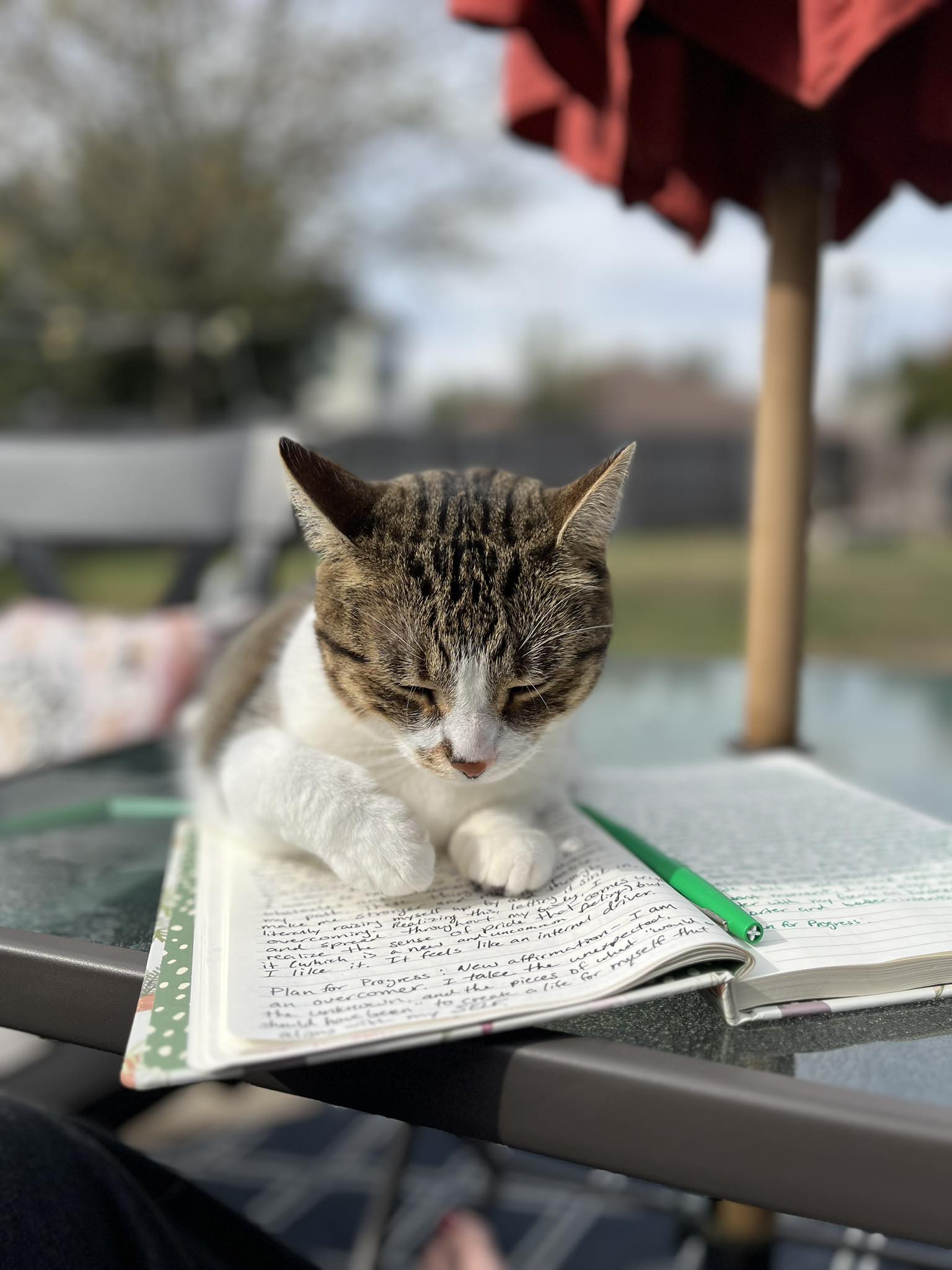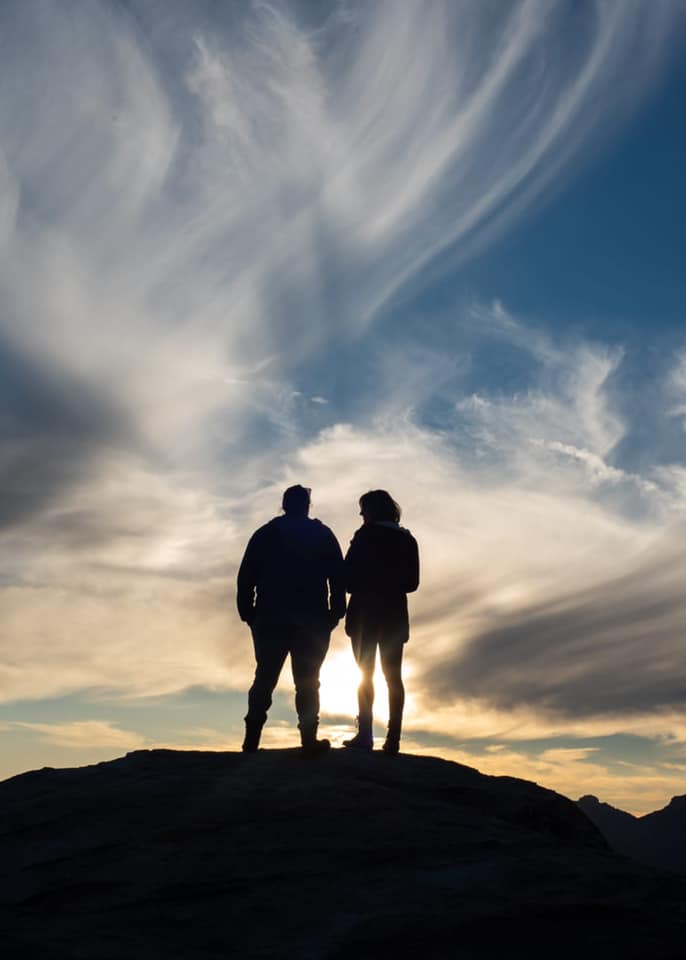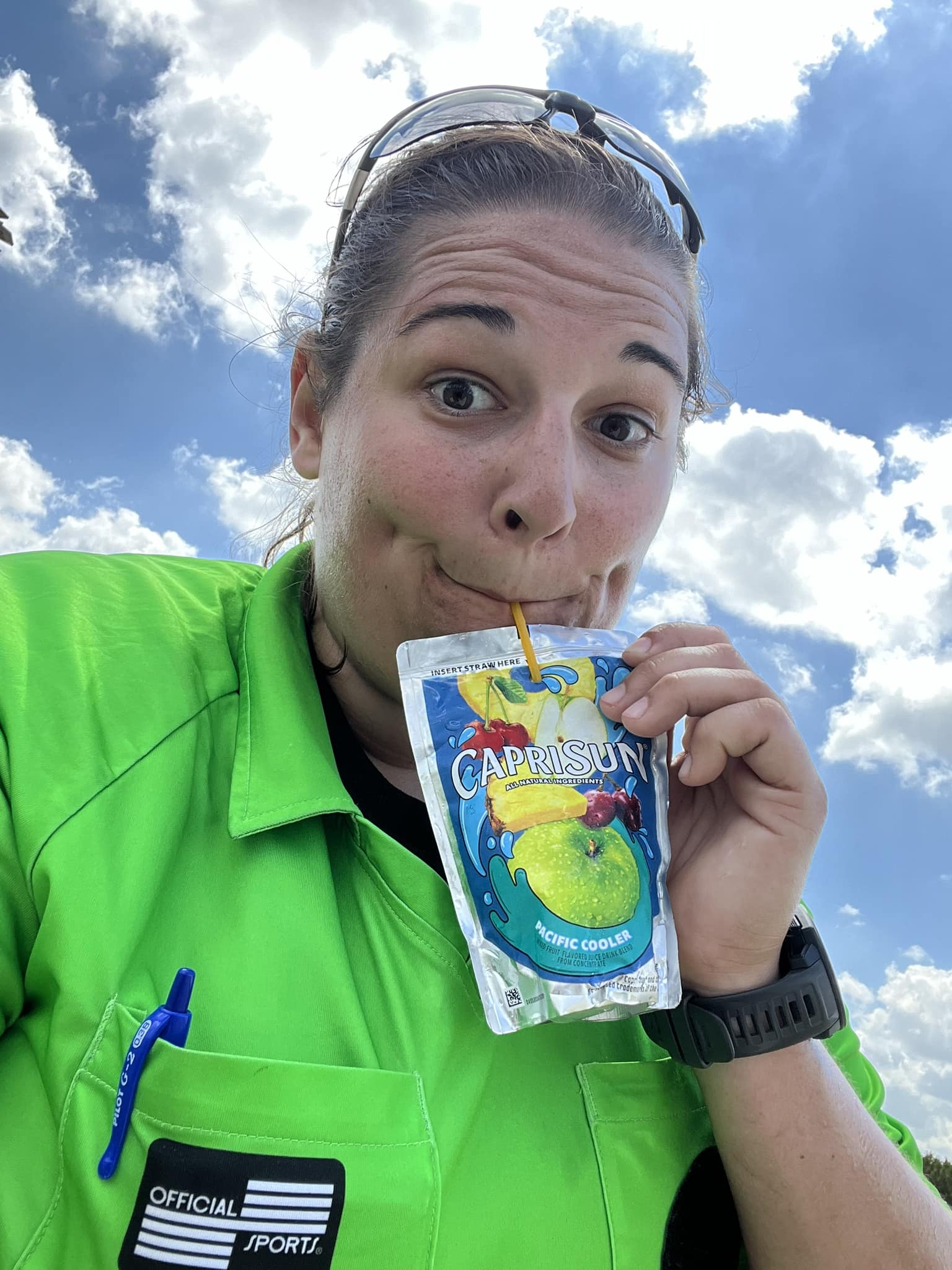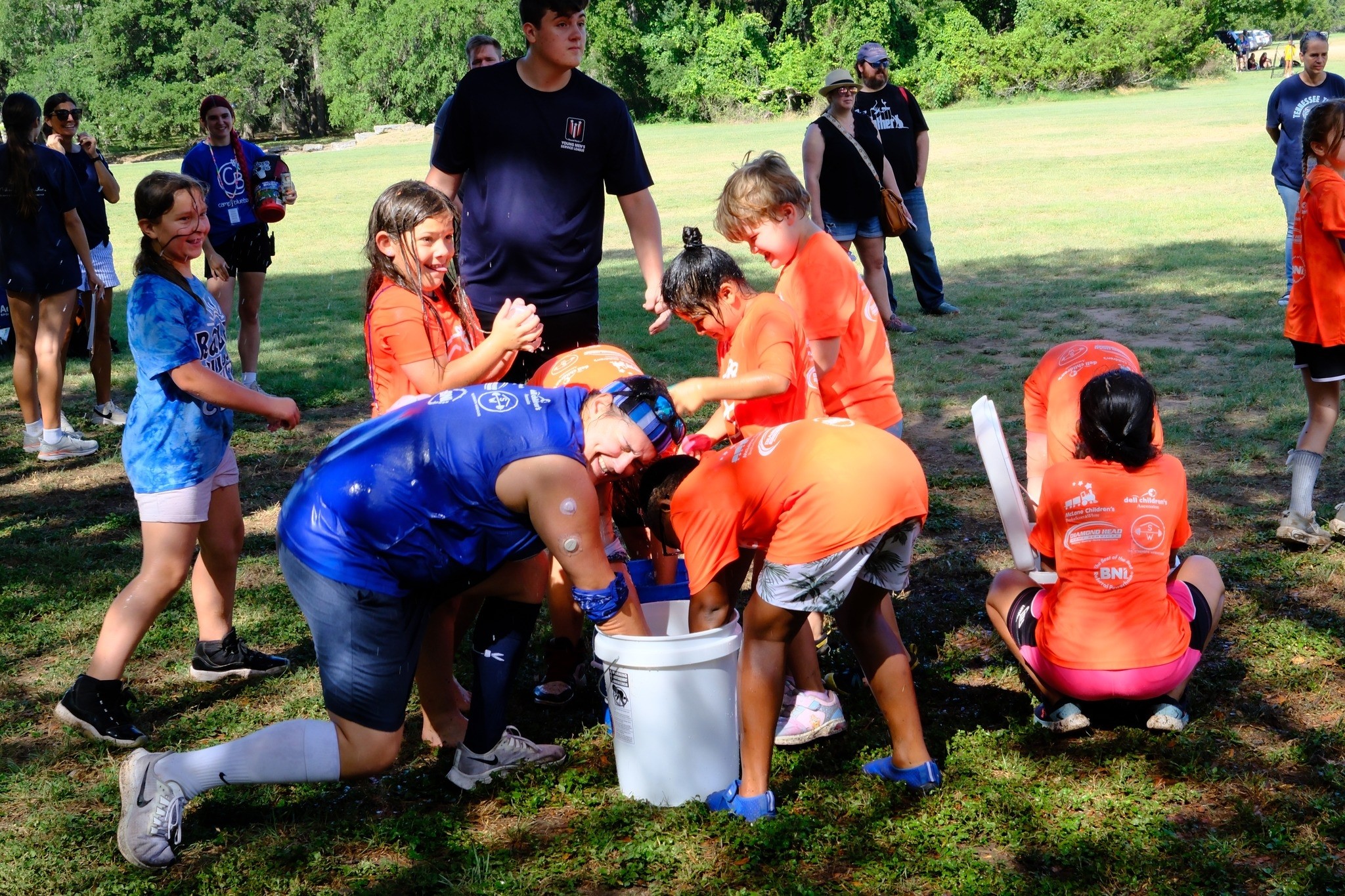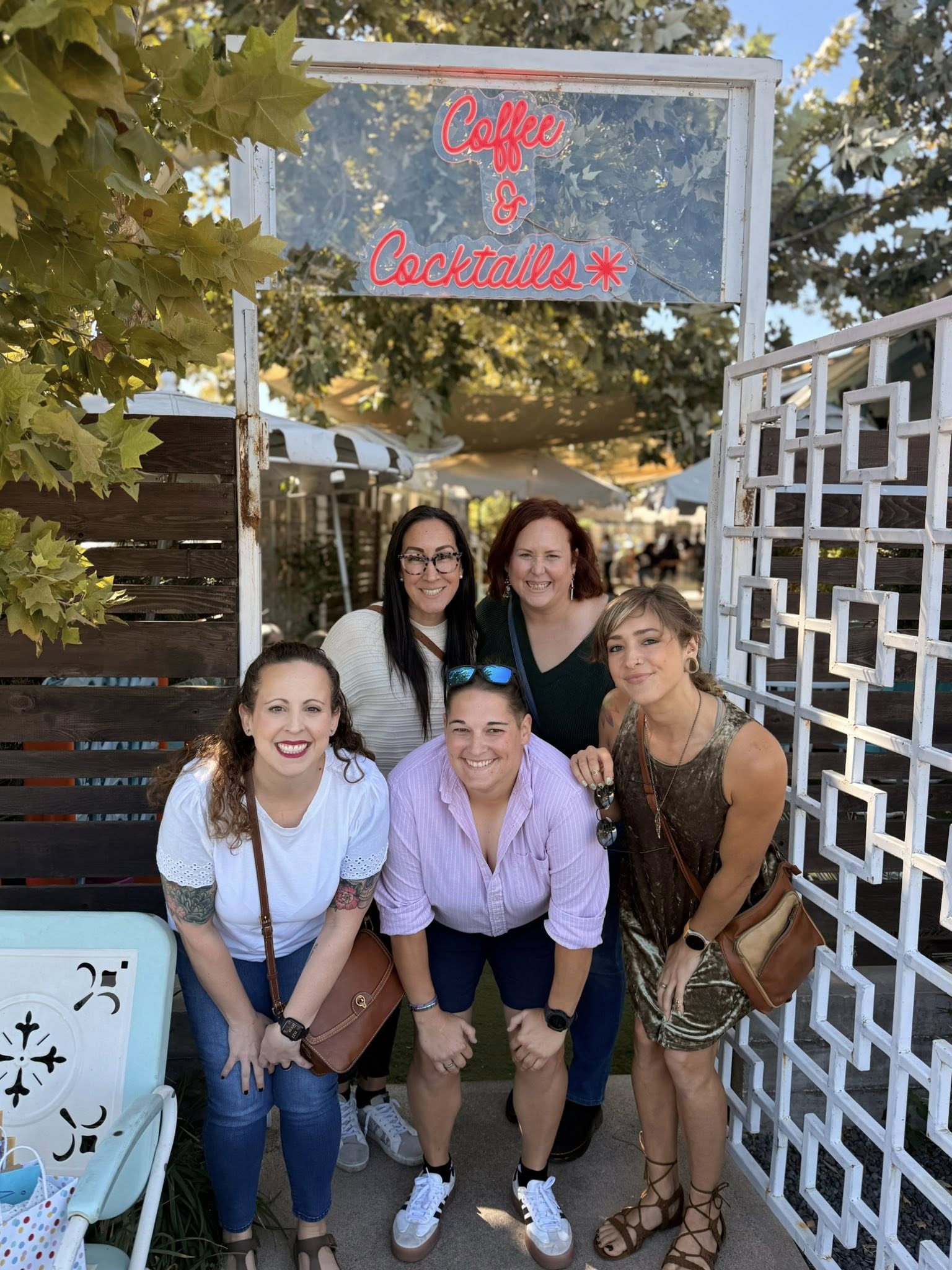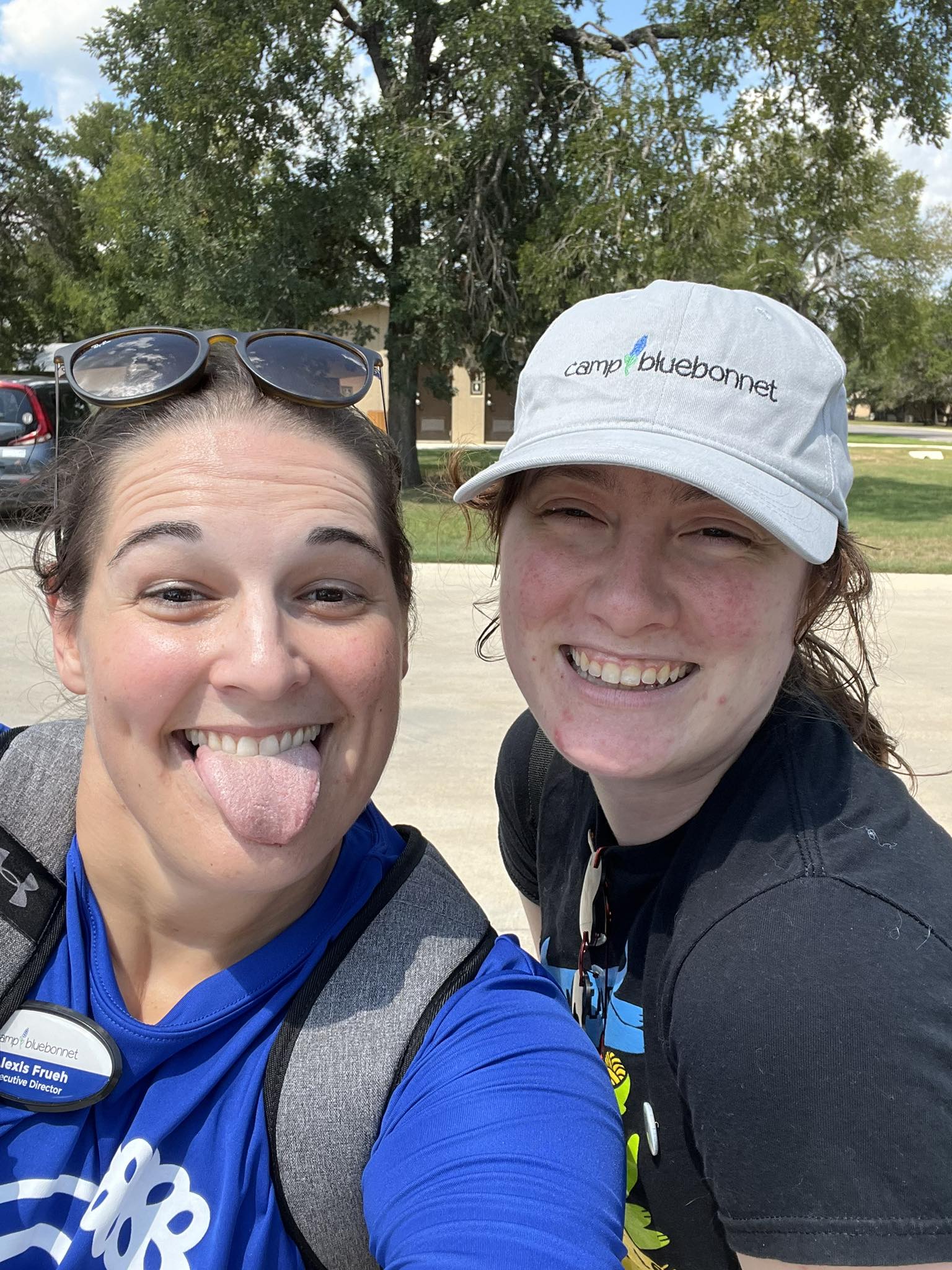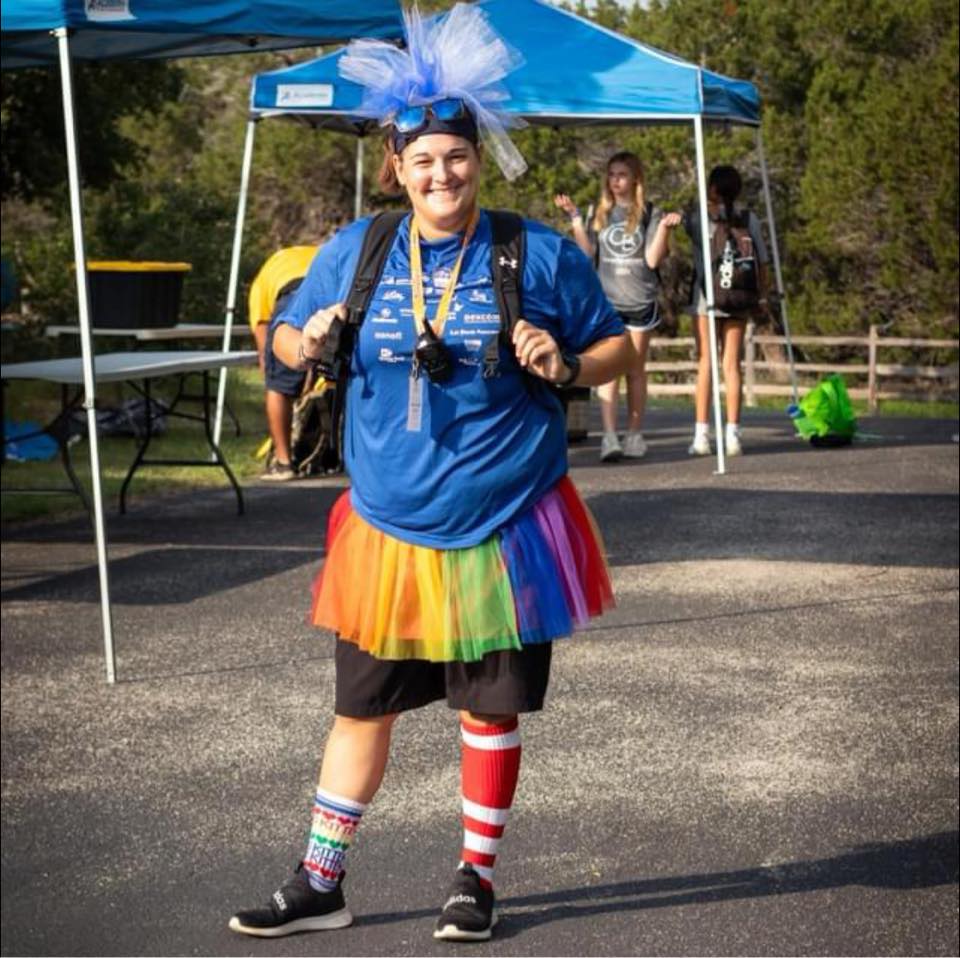

We recently had the chance to connect with Alexis Frueh and have shared our conversation below.
Good morning Alexis, it’s such a great way to kick off the day – I think our readers will love hearing your stories, experiences and about how you think about life and work. Let’s jump right in? What do you think others are secretly struggling with—but never say?
I think most people are silently struggling with the weight of expectations, both those placed on them and those they put on themselves. There’s this quiet pressure to always appear okay, to keep performing, producing, showing up, and holding everything together. But beneath the surface, so many people feel overwhelmed by the constant push to be enough: successful enough, strong enough, happy enough, grateful enough—whatever version of “enough” someone else has decided they should be.
What we don’t often say out loud is how exhausting it is to keep up the appearance of being fine when mentally we’re fraying at the edges. I think people carry a lot of unspoken fear: if they admit they’re struggling—emotionally, mentally, or even just as a human trying to manage life—they’ll be seen as weak or incapable. So they stay silent, smile through it, and hope no one notices the cracks. But we all have them. I don’t think anyone escapes seasons of self-doubt, burnout, or feeling like they’re failing at the expectations of others. The truth is, most of us are fighting invisible battles and I wish we talked about that more openly, because it’s connection, not perfection, that keeps us human.
Can you briefly introduce yourself and share what makes you or your brand unique?
I’m Alexis Frueh, a recovering high school English teacher and type 1 diabetic since age 10. I believe in work that makes a difference—stories that move people, leadership that serves people, and communities that hold people together. I built Error Frueh Solutions as a place for people with something to say, authors with unfinished manuscripts, small businesses with big visions, and anyone else who refuses to diminish their story’s impact through empty or inadequate language. I strip away everything that sounds performative until we reach the line that makes people feel something. That’s where the truth lives. That’s where connection starts.
I also serve as the Executive Director of The Children’s Diabetes Camp of Central Texas, also known as Camp Bluebonnet, a nonprofit for children living with type 1 diabetes. Camp Bluebonnet was the first place I didn’t have to explain myself or make my illness easier for others to sit with; it was the first place I felt understood without translation. What began as a summer camp is growing into a year-round community where kids and families find real belonging and support through education, advocacy, mental health resources, and mentorship. We’re not just running programs; we’re building a lifeline, because no one should have to carry type 1 diabetes alone.
Here’s what I know: story is power. Connection heals. And when we build something that tells people, you belong here—we change lives. I’m fortunate to be able to do that every day.
Great, so let’s dive into your journey a bit more. What part of you has served its purpose and must now be released?
I grew up learning to survive in chaos. With a mom lost in her own mind and a dad fighting addiction and depression while holding everything else together, there wasn’t room for me to need anything. When I was diagnosed with type 1 diabetes, it was all on me. I learned to rely only on myself, to be the one who stayed, the one who protected, the one who endured. I built walls around me so solid they became the only thing keeping me upright. For a long time, that version of me, the self-contained one who didn’t ask for help, was what survival looked like.
But survival isn’t the same as living. I’ve seen the ugliness of isolation, I’ve felt the draining weight of loneliness, but I’ve also found people who not only pull me out of the darkness but help me spread light throughout my life. I’ve found people who hold me the way I always needed—human weighted blankets who make the hard nights softer and remind me I don’t have to be the strong one all the time. The part of me that believed I was safer alone has done its job. Now, I’m ready to lay it down and let connection—not isolation—be what keeps me standing.
When did you stop hiding your pain and start using it as power?
This has actually been a more recent thing over the past year or so, although it has become an intentional focus throughout 2025. In November of 2024, after months of increased self-harm and other maladaptive coping skills, intrusive thoughts, and suicidal ideation, I made the choice to admit myself to inpatient/residential treatment. Depression had followed me since childhood, but this time it was different. I was doing and thinking things I had never done or thought before. This time, I was beyond my own saving.
After 34 days of sitting with myself and my thoughts—really sitting, without distraction or escape—I started to feel feelings I’d spent more than two decades running from. Coming back to the world after that was strange. Everything felt familiar, but I wasn’t the same. I’d finally met myself, not the version built to meet the expectations of others, and I was still figuring out what that meant. I thought treatment would magically fix everything, especially me. But “fixes” like this can’t be quick or easy, that’s not how healing works.
When I went in, only six people knew. Not even my mom. When I came back, I told a room full of my peers the whole truth about where I’d been and why. I was terrified to shatter the facade of being the all-around badass who had it all together, but I’m so glad I did. The response was overwhelming—people hugged me, thanked me, told me they’d felt the same way but never said it out loud. That moment changed everything. It reminded me how much these stories matter, how much we need each other in the dark. These stories matter. They save people, sometimes quietly, sometimes completely. And mine even led me to connect with Cooper and Parker Fyfe on their Real Lyfe podcast—a space dedicated to those same stories of struggle, survival, and hope. It does get better. Maybe not fast. Maybe not easy. But it does.
I think our readers would appreciate hearing more about your values and what you think matters in life and career, etc. So our next question is along those lines. Is the public version of you the real you?
As cheesy as it sounds, I only know how to be me—and I am the best at it. The public version of me isn’t an act; it’s just different pieces of the same whole, showing up where they’re needed. I play distinct roles in writing, at camp, and with friends and family. We all do. The work I do in both spaces, while it may not look the same, is still me doing my thing: building trust, telling stories, helping people find their voice, and showing up with joy (sometimes in costume as Grammar Shark) because that’s who I am.
I used to think that meant I was hiding, wearing masks, losing pieces of myself. But I’ve come to realize I wasn’t pretending to be someone else; I was highlighting the parts of myself that belonged in that moment. A chameleon doesn’t lose itself when it changes color—it just shows a different truth. I’m the same way. Every version of me is still me, and I’ve stopped apologizing for the range of who I am. I’m learning that authenticity isn’t about staying the same—it’s about staying honest, no matter how I shift or grow. It’s all still me. It always has been. It always will be.
Before we go, we’d love to hear your thoughts on some longer-run, legacy type questions. If you laid down your name, role, and possessions—what would remain?
If I lost everything, I would still have myself. To borrow from Shakespeare, “A rose by any other name would smell as sweet.” I would still be me, the one who has rebuilt shattered worlds and learned how to grow from the wreckage. I would still have the heart that gives fully and without hesitation, the mind that sees and translates the world in its own way, and the words that bridge what I think, what I feel, and what I want others to understand.
I would still have the people who love me through every version of myself, the ones who hold space for me when I can’t hold it for myself. I would still carry my stories, my scars, and the lessons they left behind—the strength they built, the growth they demanded. Even stripped down to what matters most, I would still be me: someone who believes that words can heal, that kindness is a language worth learning, that love outweighs hate, and that no darkness lasts forever when you have people willing to help you find the light.
Contact Info:
- Website: errorfrueh.com / cbt1d.org
- Instagram: errorfrueh / goldkeeper19
- Facebook: errorfrueh / alexis.frueh
